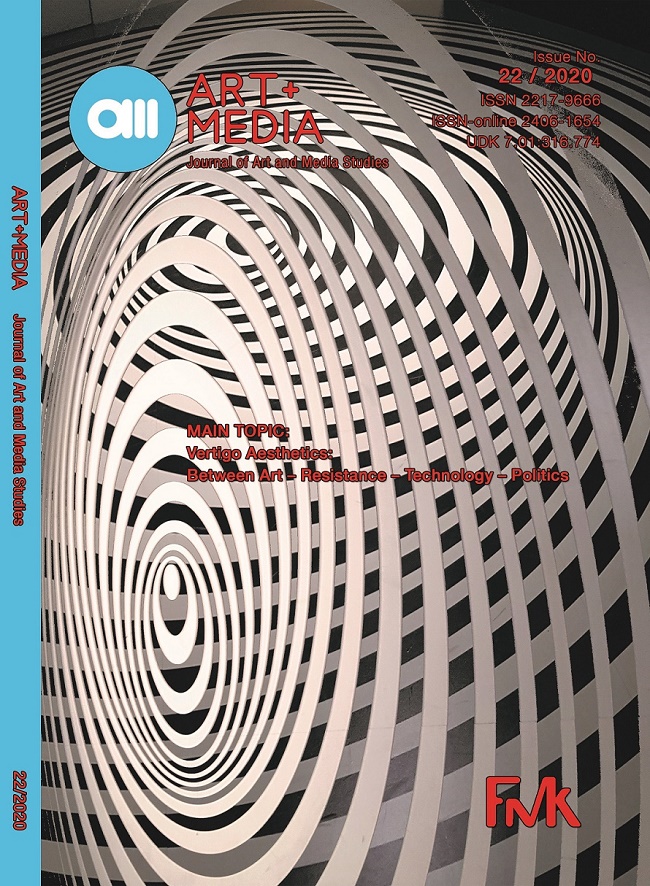Brand Texts and Meaning in Post-Digital Consumer Culture
Brand Texts and Meaning in Post-Digital Consumer Culture
Author(s): Chris Hackley, Amy Hackley RungpakaSubject(s): Media studies, Theory of Communication
Published by: Fakultet za medije i komunikacije - Univerzitet Singidunum
Keywords: media; paratexts; advertising; intertextuality; convergence; meaning.
Summary/Abstract: This paper discusses the mechanisms of post-digital consumer cultural meaning-making using advertising as its point of departure. The assumption is that the post-digital is neither an era nor an epoch but a characterisation that reflects a consumer cultural world of digitised content that operates as a default for many consumers, while the analogue world hovers ghost-like, re-asserting itself where digital technologies cannot serve, where and when they cannot be accessed, or when they fail. In this post-digital world, the locus of consumer cultural meaning-making has shifted, from long-form advertising campaigns, to fragmented and polysemous intertexts that circulate kinetically via social media. In other words, the locus of consumer cultural meaning-making has shifted from the primary texts of brand marketing, to secondary or paratexts. Drawing on Gérard Genette’s theory of transtextuality, the paper discusses how this post-digital meaning-making mechanism plays out, for brands, and beyond, within a post-digital consumer culture.
Journal: AM Časopis za studije umetnosti i medija
- Issue Year: 2020
- Issue No: 22
- Page Range: 147-168
- Page Count: 21
- Language: English

